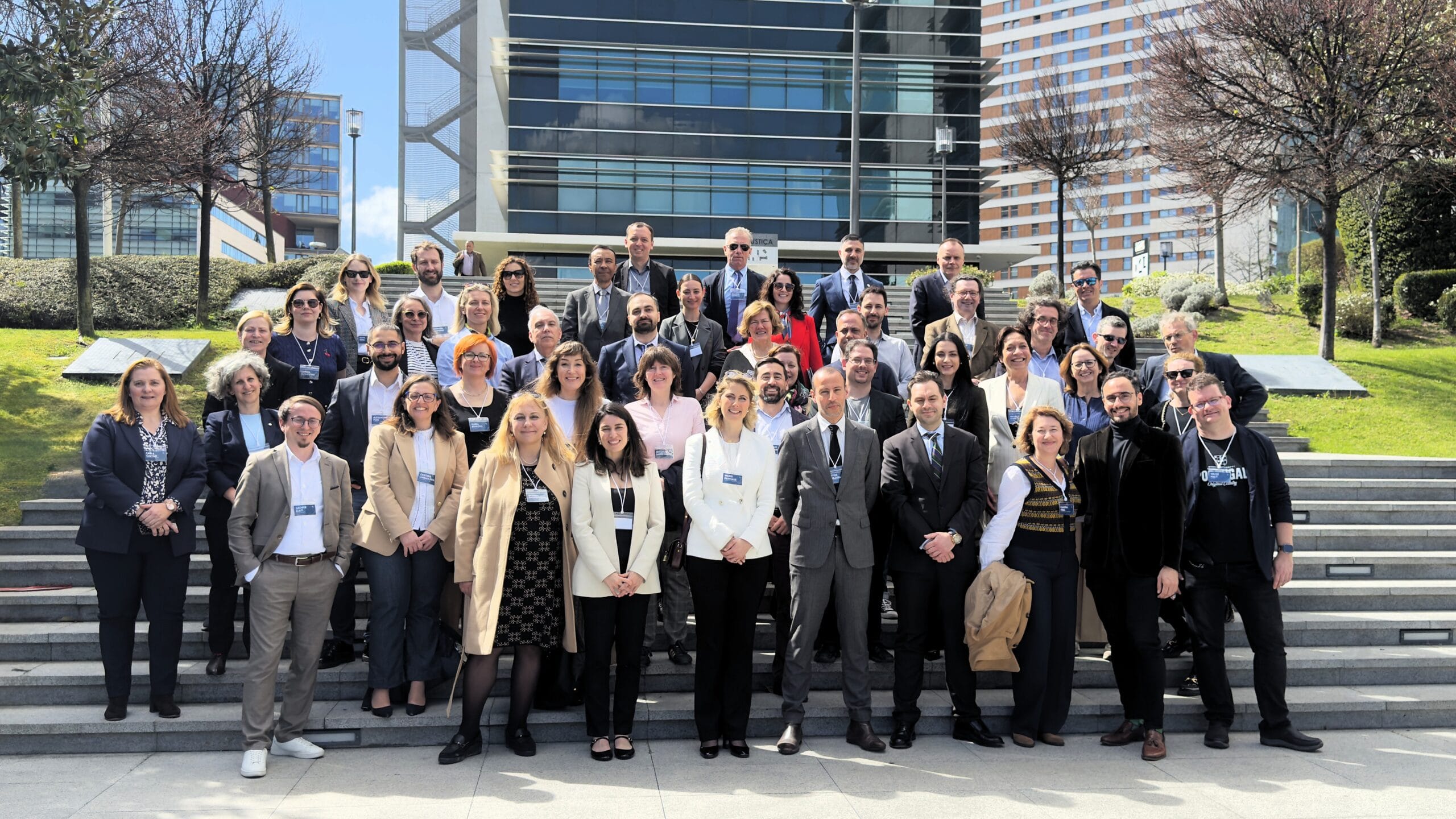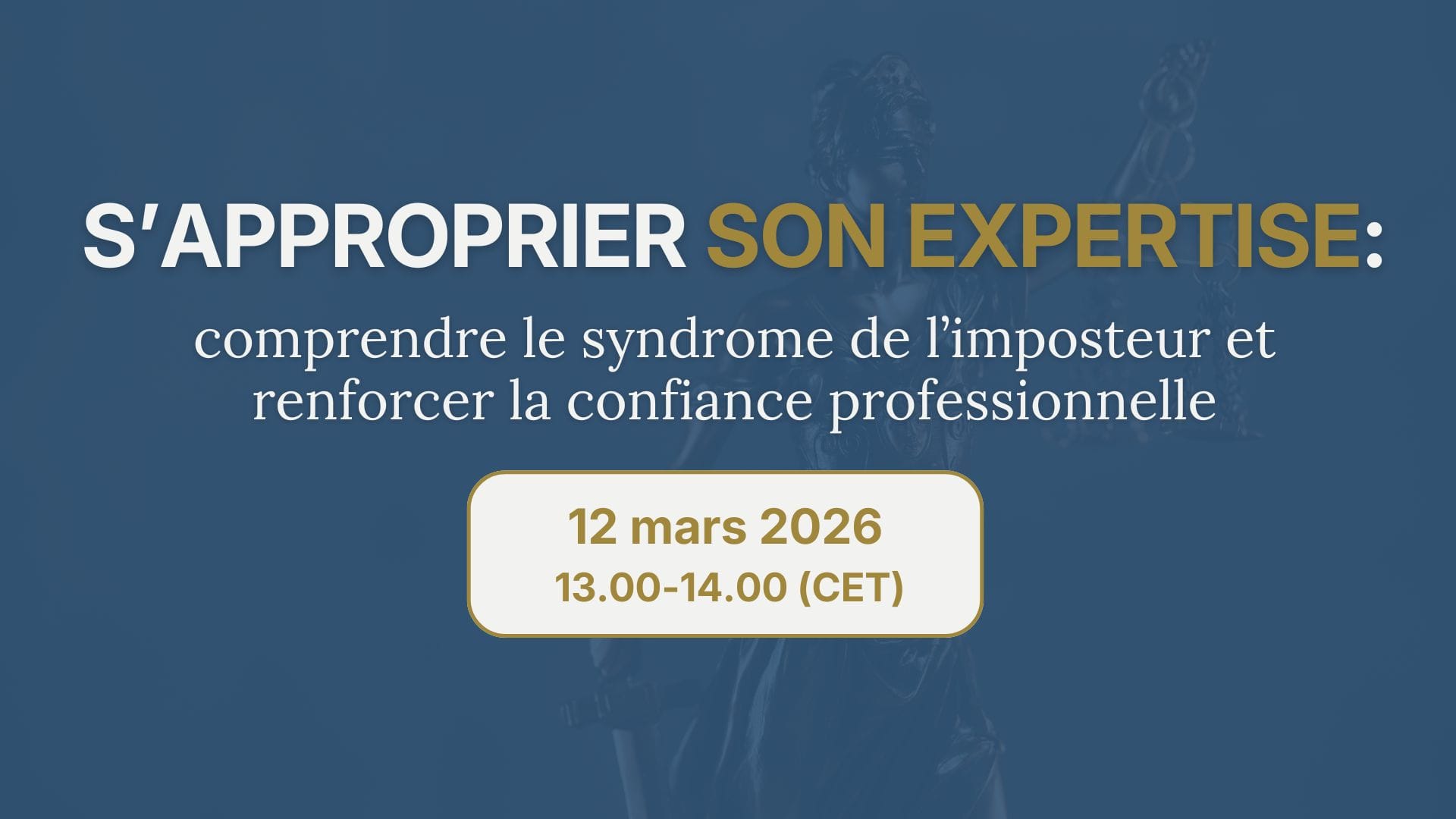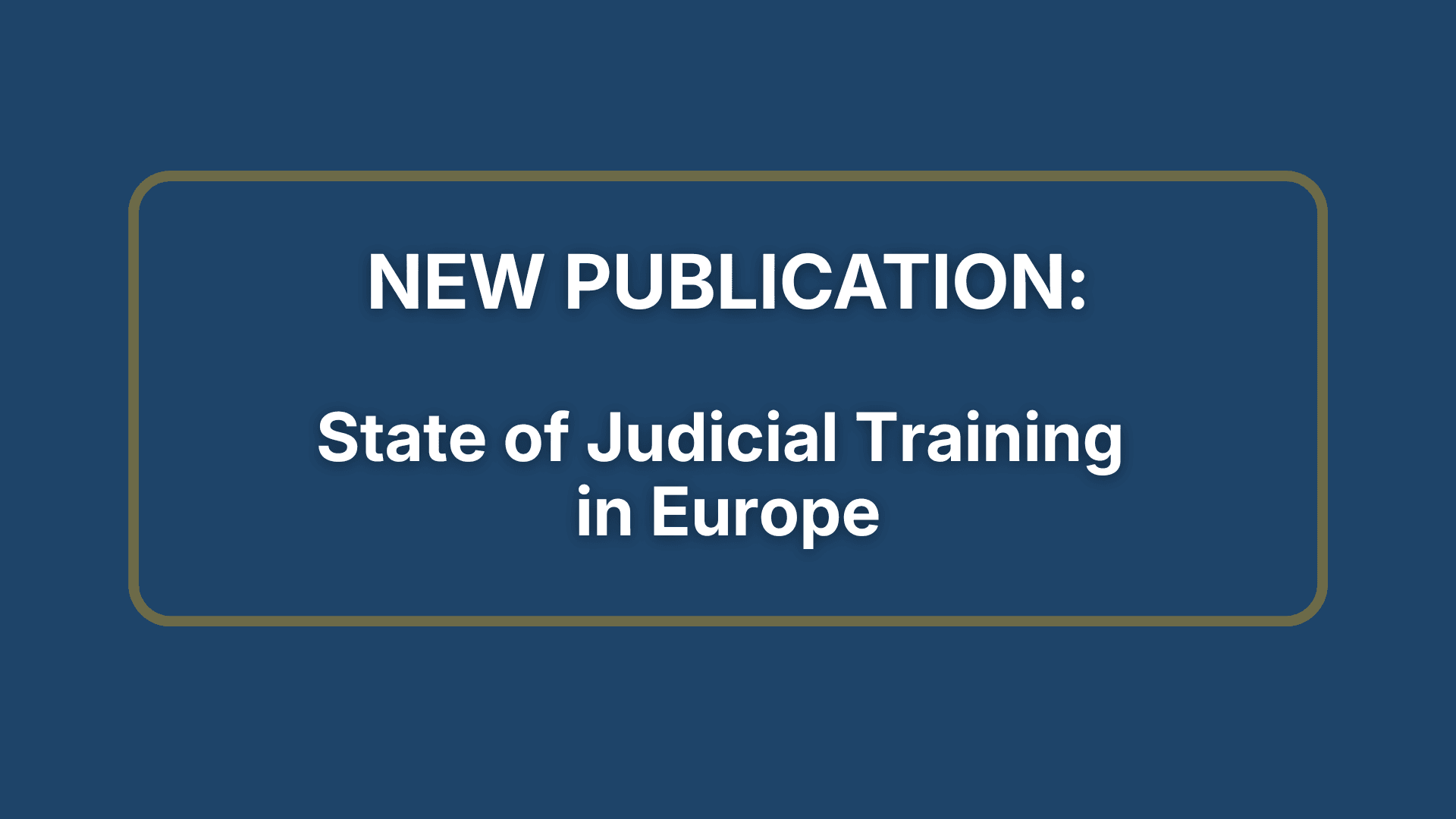Over 170 judges, prosecutors and court staff from across Europe joined a new groundbreaking hybrid event, titled ‘Building a Common Digital Culture’, held in Lisbon on 1-2 April.
Hosted by the Directorate-General of Justice Administration (DGAJ), EJTN’s Associate Member, as well as online, the event was a great example of blended learning, which combines face-to-face sessions, virtual components and asynchronous learning. This type of learning approach has several benefits, including flexibility and scalability, aligning with EJTN’s commitment to delivering inclusive and forward-thinking training activities to Europe’s justice practitioners while addressing national and EU-wide challenges.
“The digital transformation of justice is a reality, impacting the delivery of justice across all countries and legal systems. At EJTN, we aim to provide Europe’s justice practitioners with the tools and methodologies they need to fulfil their mission of upholding the Rule of Law and ensuring access to justice for everyone while operating in the complex digital environment.
This is why initiatives such as this event are of crucial importance. Through various digital learning methods, we are able to engage with participants from across Europe, ensuring that national best practices are shared and learned from. It is events like this that will help us to better understand and build a common digital culture for justice”, the EJTN Secretary General Judge Ingrid Derveaux highlighted at the opening of the event.
Putting digital skills in practice
As part of the sessions, Judith Cosgrove from the European Commission’s Joint Research Centre (JRC) provided an expert lecture on the Digital Competence Framework for Citizens. This illustrated how the EU-level guidelines can complement EJTN’s own initiatives and highlighted the importance of robust digital skills for the digital delivery of justice, also from the citizen-perspective.
EJTN Member, the Spanish Centre for Legal Studies, showcased a practical example in their intervention: the institution has developed a framework titled ‘The Digital Competence Framework for Justice Personnel’, which equips judges, prosecutors, court staff, trainers and EJTN members working on topics related to digitalisation with the knowledge and skills necessary for the digital transformation of justice. Sessions centring this framework explored real case scenarios that emphasize practical strategies integrating digital competencies into day-to-day courtroom procedures.
Moreover, the efforts to digitalise justice in EU Member States, including examples from Greece, Portugal, Romania and Spain, were discussed. Participants shared best practices and explored collaborative opportunities ranging from legal and ethical considerations to practical next steps. Key obstacles and possible challenges were also examined.
Key partnership with the Council of Europe’s HELP Programme
As part of a partnership between EJTN and the Human Rights Education for Legal Professional (HELP) Programme of the Council of Europe, Ana-Maria Telbis, Head of the Justice and Human Rights Training Division of the HELP Programme, showcased how e-learning can increase justice practitioners’ confidence in using digital tools. In this context, participants were introduced to the ‘Building a Common Digital Culture’ e-learning course, which will be available on the HELP platform. Making this resource accessible to the wider European judiciary will ensure long-term impact.
Introducing the EJTN Digital Ambassador programme
The participants who will complete this hybrid training activity in its entirety will receive the status of ‘EJTN Digital Ambassador’. Participants with this title have reached a level of knowledge and skills in the digitalisation of justice that allows them to act as multipliers at national level. They will also champion an inclusive digital culture within the judiciary.
EJTN Digital Ambassadors will be equipped to:
- Lead digital projects in their home institutions, such as modernising filing systems or upgrading courtroom technology
- Advocate for inclusive digital practices, including ensuring that new digital tools and services are accessible to the broader legal community and the general public
- Support their peers on topics related to digitalisation and building digital competences
The programme seeks to foster unity in the practices related to the digital transformation of justice in Europe, thus positively contributing to a collaborative digital culture in justice that is prepared for the challenges and opportunities of the future.
For more information on the ‘Building a Common Digital Culture’ initiative or other training activities organised under the Digitalisation portfolio, visit the EJTN Online Training Catalogue.
For the latest updates from EJTN, follow us on LinkedIn.




